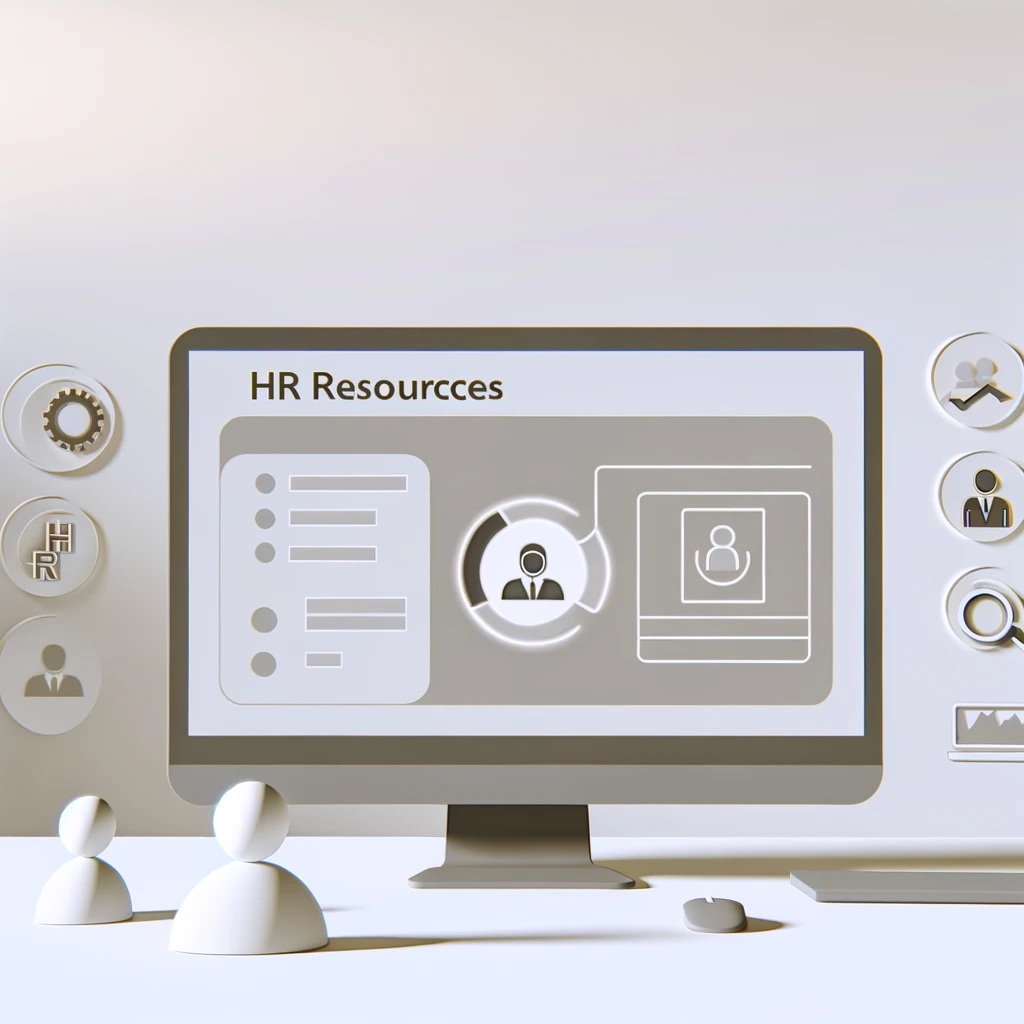In the modern era, the field of Human Resources (HR) has undergone significant evolution. From being a traditional administrative function, it has transformed into a fundamental strategic component for the success of organizations. With technological advancement, companies are adopting innovative solutions to simplify and optimize HR management. In this extensive article, we will explore how technology is revolutionizing this field, providing tools and systems that streamline daily tasks, improve efficiency, and enable HR professionals to focus on more strategic activities.
The Transformation of HR
Before delving into the influence of technology on HR management, it is essential to understand the transformation this field has undergone in recent decades. Traditionally, the HR department focused on payroll management, hiring and firing, regulatory compliance, and record-keeping. However, over time, it has evolved to encompass more strategic areas such as talent recruitment and retention, professional development, organizational culture, and performance management.
This evolution has led to an increase in the complexity of HR responsibilities. Additionally, globalization and workforce diversification have added new challenges, such as remote management, cultural diversity, and compliance with international regulations.
The Role of Technology in Simplifying HR
Technology has been a key catalyst in simplifying HR operations. By automating routine tasks and providing advanced data analytics, technological solutions allow HR professionals to free up time and resources to focus on strategic activities that drive business success. Below, we explore some ways in which technology is simplifying HR management:
1. Process Automation
One of the most impactful ways technology is simplifying HR management is through process automation. Human resource management systems (HRMS) and human capital management (HCM) software allow automation of tasks such as payroll management, shift scheduling, absence and leave management, among others.
Automation not only streamlines these processes but also reduces errors and improves data accuracy. For example, an automated payroll system can automatically calculate taxes and deductions, minimizing the risk of human errors and ensuring regulatory compliance.
2. Talent Management
Technology has also simplified the talent recruitment and selection process. Applicant tracking systems (ATS) allow recruiters to post vacancies, filter resumes, schedule interviews, and track candidate progress efficiently.
Furthermore, talent management platforms offer functionalities to assess performance, identify skill gaps, and develop personalized career plans. This simplifies talent management by providing a comprehensive view of the workforce and facilitating the identification and retention of high-performing employees.
3. Data Analytics
Data analytics plays a crucial role in simplifying HR management by providing valuable insights into process performance and efficiency. HRMS and HCM systems collect data on various aspects such as turnover, productivity, job satisfaction, and absenteeism.
By analyzing this data, HR professionals can identify trends, anticipate issues, and make informed decisions to improve operational efficiency and employee satisfaction. For example, if data shows a high turnover rate in a specific department, HR professionals can investigate underlying causes and take corrective actions, such as improving retention policies or providing professional development opportunities.
4. Employee Self-Service
Another way technology simplifies HR management is through employee self-service. Online portals and mobile applications allow employees to autonomously access important information such as pay stubs, work schedules, available vacation days, and company policies.
By providing employees easy access to this information, administrative burden for the HR department is reduced, and employee autonomy and satisfaction are fostered by giving them greater control over their personal information and work experience.
5. Collaboration and Communication
Technology also facilitates collaboration and communication within the HR department and across the organization. Internal communication tools such as instant messaging systems and online collaboration platforms enable HR professionals to interact more efficiently with employees and managers.
Furthermore, corporate social networks and online forums can promote employee engagement, facilitate feedback, and strengthen organizational culture. This simplifies HR management by fostering transparency and collaboration at all levels of the organization.
Challenges and Considerations
While technology has significantly simplified HR management, it also poses challenges and considerations. Some of these challenges include:
- Data Security: With the increasing amount of personal and confidential information stored in HR systems, data security becomes a significant concern. It is essential to implement robust security measures to protect sensitive information and comply with data privacy regulations.
- Adoption and Training: Successful implementation of HR technology requires a solid adoption and training strategy. Employees need to be well-informed and trained to effectively use the new tools and systems.
- System Integration: In many organizations, HR systems may be fragmented and scattered across different platforms. Integrating these systems can be a challenge, but it is crucial to ensure data consistency and operational efficiency.
Conclusion
In conclusion, technology plays a fundamental role in simplifying HR management. From process automation to data analytics and employee self-service, technological solutions offer a variety of tools that allow HR professionals to optimize their operations and focus on strategic activities. However, it is important to address challenges associated with technology, such as data security and employee training, to ensure successful implementation and maximize benefits for the organization. Ultimately, by harnessing the power of technology, companies can simplify HR management and drive business success in the modern world.
If you want to learn how BLMHRM can assist you in HR management, please contact us.

